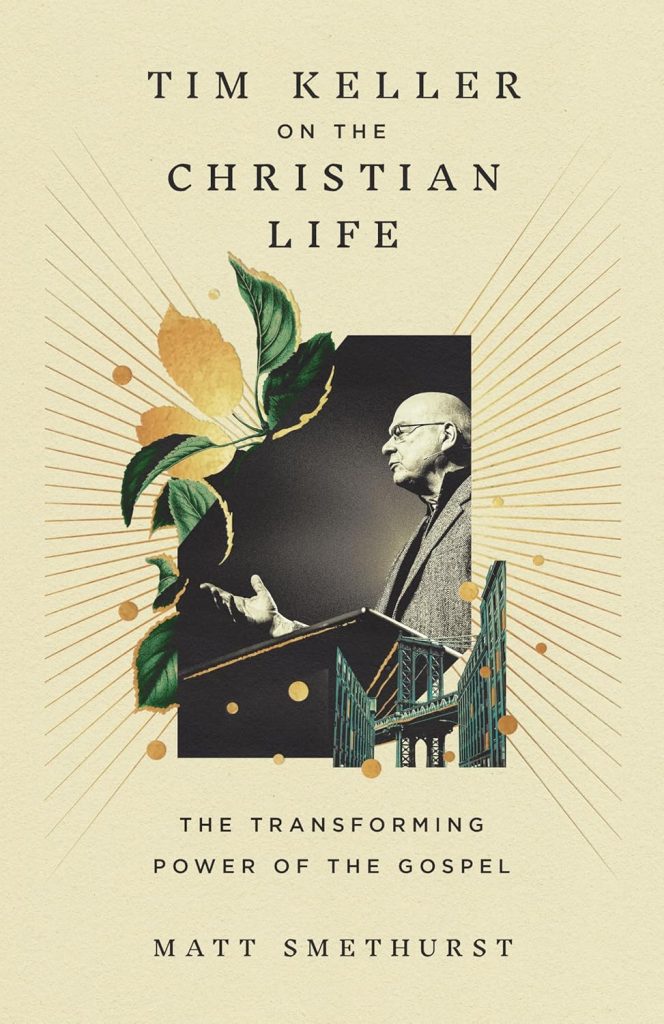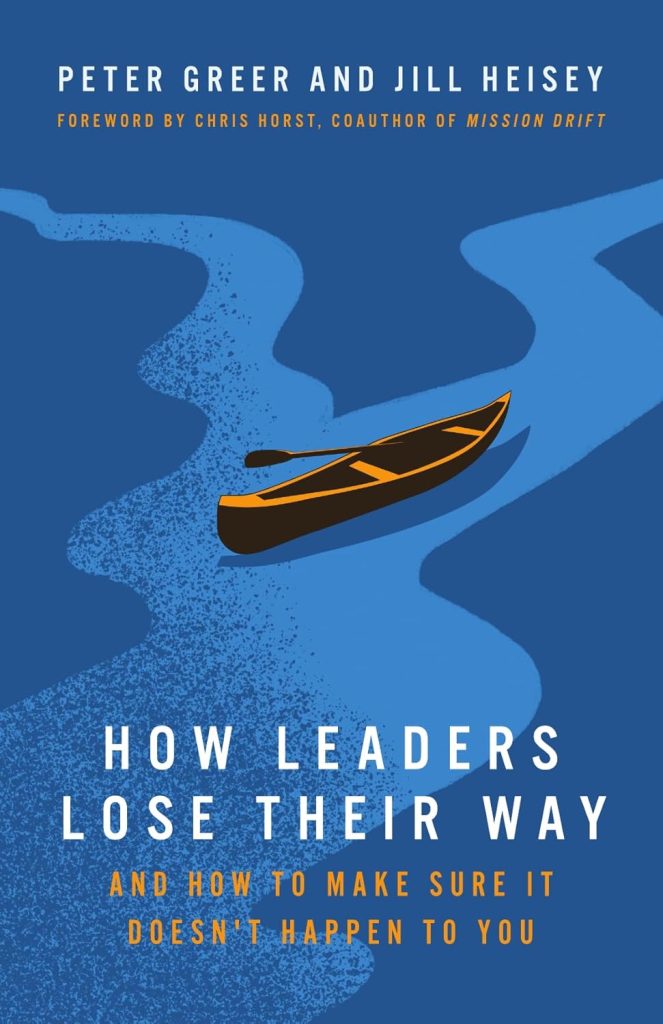Get Real: On Evangelism in the Late Modern World
by Edward Rommen
William Carey Library, 1605 E. Elizabeth St., Pasadena, CA 91104, 260 pages, 2010, $19.99.
—Reviewed by Keith E. Eitel, dean, Roy Fish School of Evangelism and Missions, Southwestern Baptist Theological Seminary.
Cogito Ergo Sum (Descartes). What happens when one’s thinking capacity is impaired and the “I am-ness” fractures, causing loss of a centered self? Such is Edward Rommen’s focus regarding Western humanity in the wake of the Enlightenment and rising rationalistic skepticism. Rampant pluralism, loss of a meaningful “metanarrative” (p. 155), and even a sense of one’s own ontology converge to spin late moderns into a spiral of despair that creates communication gaps between the “gospel-as-information” and the “gospel-as-person” (pp. 8, 10).
Rommen’s (DTheol, University of Munich; DMiss, Trinity Evangelical Divinity School) own journey has been complicated and illustrative of one traveler’s search for a balanced or centered self. In the late 1990s he shifted his affiliation from Protestant evangelicalism to Eastern Orthodoxy. With pastoral sensitivity for a culture running headlong into despair, he offers seasoned suggestions for a radical worldview makeover. He recommends something akin to spiritual heart surgery.
First, he establishes his perception of the context in which Western culture finds itself. In the aftermath of a string of philosophical shifts from the Enlightenment through Modernity and now into what he terms “Late Modernity,” persistent secularization transpires. What others term “Postmodernity,” Rommen asserts, actually seems to be maturation of the same secularization processes rooted in the Enlightenment. Second, alongside secularization, Rommen demonstrates how progressive loss of meaning and purpose unravels one’s coherent sense of self, being, and identity. The clear trajectory of the unraveled self is social dysfunction.
Third, alienation or frayed relationships are the consequence of one’s loss of ontological equilibrium. Social discontent, ethical disintegration, and rising levels of extreme diversity make it increasingly difficult for cultures to cohere. Finally, Rommen makes explicit what is thematically implicit throughout the book, namely the need for ontological coherence in Christ. He concludes there is epistemological ground for the hope one finds in Christ and encourages biblically centered evangelism to “re-personalize” reality in Christ as the renewed and re-centered person genuinely relates to others.
This work provides a missing puzzle piece for Christians in this Late Modern era—namely, a deep assessment of the causes of our Western malaise. Rommen convincingly reasserts the gospel as humanity’s greatest need. This book should be required reading for anyone, but especially for those in graduate programs, regardless of the academic discipline. If those studying evangelism or missiology overlook it, they are remiss in doing so.
….
EMQ, Vol. 47, No. 3, pp. 374 & 376. Copyright © 2011 Evangelism and Missions Information Service (EMIS). All rights reserved. Not to be reproduced or copied in any form without written permission from EMIS.


